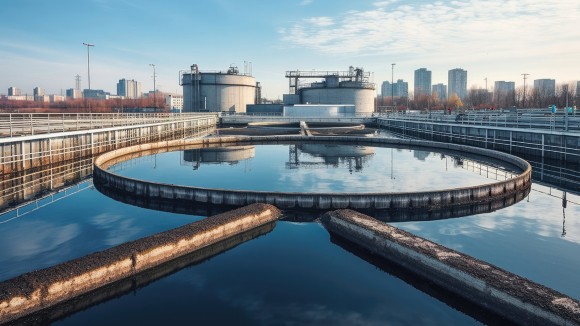 Junho Jeon, PhD, Changwon National University, Korea
Junho Jeon, PhD, Changwon National University, Korea
Junho Jeon is an associate professor in the Department of Environmental Engineering at Changwon National University, Korea. His research interests are mainly at the occurrence and fate of micropollutants in environments and their transformation products formed via abio-/biotic reactions. Professor Jeon has been an Editorial Board Member for Scientific Reports since 2022.
 Tabish Nawaz, PhD, Indian Institute of Technology Bombay, India
Tabish Nawaz, PhD, Indian Institute of Technology Bombay, India
Tabish Nawaz teaches environmental science and engineering at the Indian Institute of Technology Bombay, India. He works on water/wastewater treatment coupled with resource recovery using ion-exchange, adsorption, and electrochemical technologies. Dr Tabish has been an Editorial Board Member for Scientific Reports since 2023.
 Chunpeng Zhang, PhD, Jilin University, China
Chunpeng Zhang, PhD, Jilin University, China
Chunpeng Zhang is a researcher in the Department of Environmental Engineering at Jilin University, China. His research is focused on the treatment of emerging contaminants, particularly nanoparticles, and microplastics, and the application of electrochemical methods in wastewater treatment. He has specific expertise in electrocoagulation techniques for removing heavy metals and antibiotics, and his work also extends to soil and groundwater remediation. Dr Zhang has been an Editorial Board Member for Scientific Reports since 2023.

